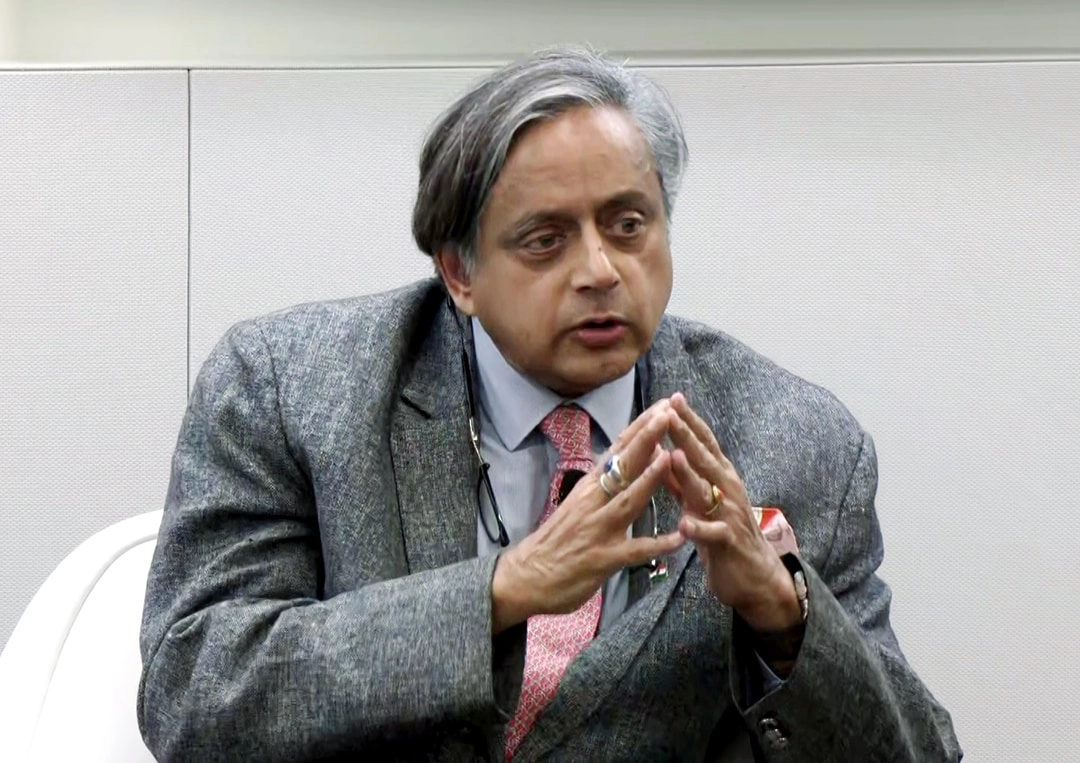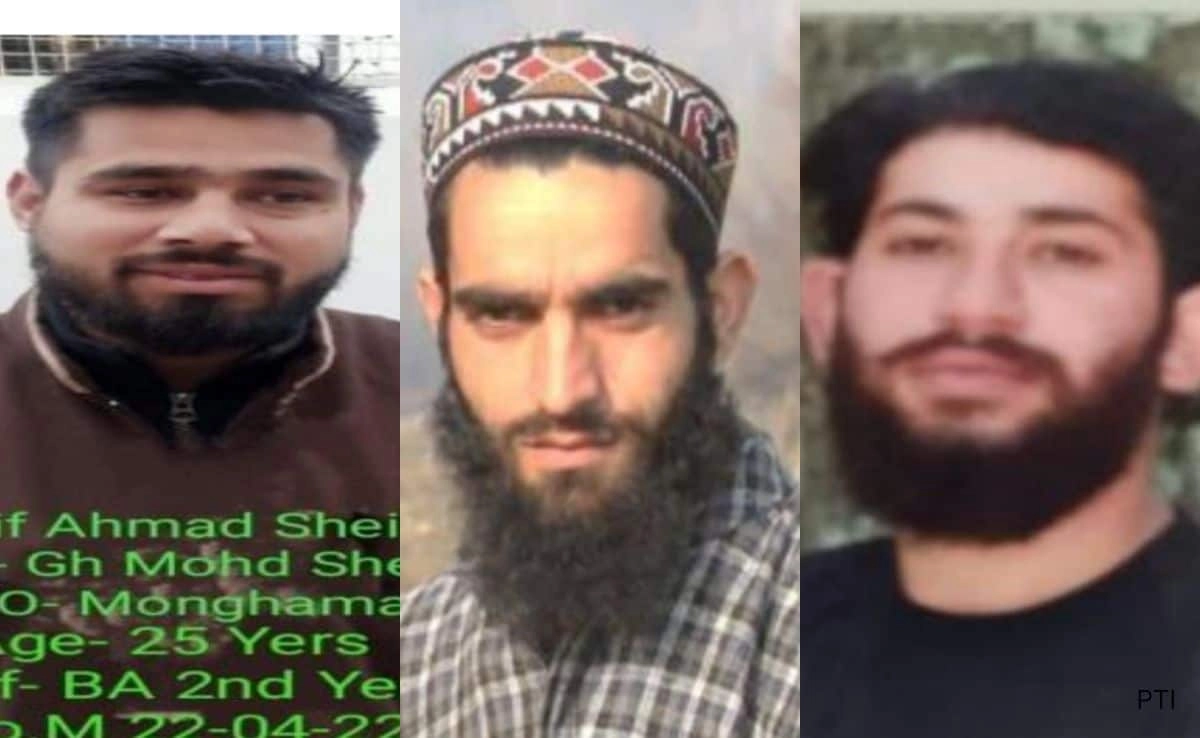In a recent political discourse, Congress leader Mallikarjun Kharge addressed the remarks made by Shashi Tharoor, which stirred up discussions about party loyalty and unity. Tharoor’s comments, perceived as a call for unwavering allegiance to the party’s ideals and leadership, sparked a significant response within the Congress framework. Kharge emphasized that Tharoor’s opinions do not reflect the official stance of the Congress party, asserting that the party remains united in its mission. This incident underscores the ongoing tensions within political parties, where individual voices can sometimes overshadow collective objectives.
Kharge’s assertion that “he’s not with us” regarding Tharoor’s remarks highlights a critical point about the dynamics within the Congress party. It suggests a delineation between personal beliefs and party ideology, a common occurrence in political arenas where diverse opinions coexist. The leader’s response serves as a reminder of the importance of maintaining a cohesive front, especially in the face of electoral challenges. The Congress party is navigating a complex landscape in which loyalty to the party’s vision is paramount for its survival and success in upcoming elections.
The backdrop of this exchange is the broader struggle within the Congress party to reclaim its position in Indian politics. As factions and differing viewpoints emerge, the leadership is tasked with fostering unity while accommodating diverse perspectives. Kharge’s comments signal a commitment to strengthening party loyalty and cohesion, which are vital in a political environment characterized by rapid shifts in voter sentiment and party alignment. This incident not only highlights the internal dynamics of the Congress party but also reflects the broader challenges faced by political organizations in maintaining unity amidst varied individual opinions.
As the Congress party prepares for future electoral battles, the need for clear communication and alignment among its members becomes increasingly critical. Leaders like Kharge play a pivotal role in ensuring that the party’s message remains consistent and focused. The remarks made by Tharoor, while perhaps intended to provoke thought and discussion, serve as a catalyst for a deeper examination of loyalty and unity within the party. Ultimately, the ability of the Congress party to navigate these internal challenges will significantly impact its electoral prospects and its role in shaping the political landscape of India.




